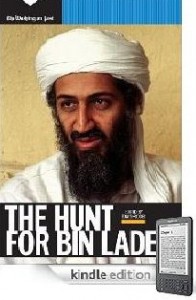I was asked by the Gaithersburg Book Fair people for my favorite book of the year. That would be The Hidden Reality by Brian Greene — here’s a world-class theoretical physicist who is ALSO a world class writer. Greene totally gets that writers have to be able to see what they are writing through the eyes of their readers. He has a gift of being able to understand quantum mechanics, gravity field equations AND exactly how to convey those ideas to someone who stumbled on 10th grade algebra.Good thing too, because his material here is literally the most challenging subject in the universe. After reading this book, I felt 10 IQ points smarter — and it lasted for almost a week!






